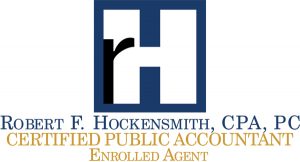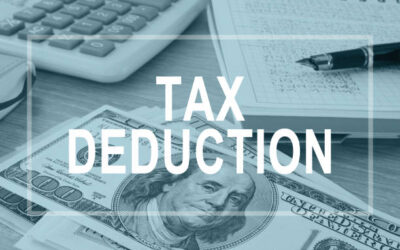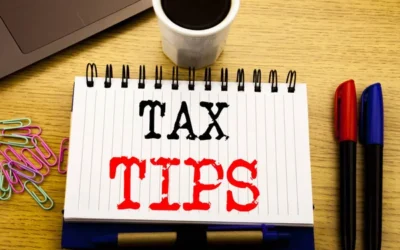Blog
E-Filing Advantages and Tax Return Headaches for Self-Filers
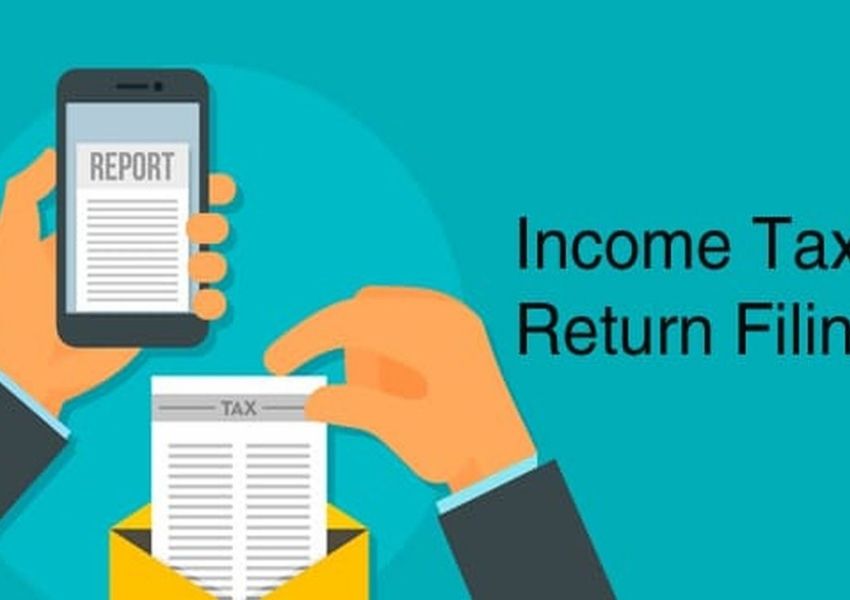
E-Filing Advantages and Tax Return Headaches for Self-Filers
In an era of emails and e-tickets, e-file is the buzzword. Everything is joining the bandwagon of being electronically processed, to make it swifter, smoother and easier and this is true even for filing tax returns. All professional tax preparers are required to file the returns electronically (e-file), except for few options. You can even e-file your tax returns all year long. Don and Sherry are aware of this.
If you prepare your own individual tax return, you can choose to electronically (e-file) file it, or mail in a paper income tax return. And whether you prepare your own returns or engage a professional tax preparer, some tax returns still require a paper copy be mailed into the Internal Revenue Service (IRS). For instance, if you have an Adoption Tax Credit, or are sending in amended tax returns, or past year tax returns older than 6 years from due date, your return must be mailed in. If you are divorced, and claim the Child Tax Credit and later find out that your ex-spouse claimed the child (even if they were not allowed to) and filed their return first, you will need to send in a paper copy of your return with a copy of your Divorce Decree, and proof of Identification (i.e. Driver’s license, Passport, State ID card, Military Id card) This is the only way to prove that you have the right to claim the child as a dependent, and save on your income taxes. These are some of the reasons why you would still have to file your tax return via postal service. And if you send anything to the IRS or any government agency, always send it certified mail, return receipt requested. This is a way to PROVE you sent the return to the IRS or state Department of Revenue.
Electronically filing (E-File) is the preferred method of filing for the IRS. E-filing your tax return provides many benefits to you:
- You can save a copy of your tax return on a flash drive or hard drive, hence less paper for you to keep track of.
- Once you e-file your tax return, the IRS will respond to you via email within 48 hours, to let you know that your tax return was received and that it is accurate (math only) and complete (correct social security numbers). The IRS even tells you if something needs to be corrected and re-submitted, like with misspelled names or wrong names and social security numbers. When you try to submit your tax return with these mistakes, you will get a rejection notice, with an explanation of what is wrong. Then you can correct it and submit again.
- You will also be able to check the refund status of your e-filed tax return. Look under “Where’s my refund?” at IRS.gov
- E-filing your tax return also means you will receive any refund quicker. Taxpayers that e-filed their tax returns, and used direct deposit, usually receive their refund within 10 days.
- You can also decide if you want to pay your tax with a credit card or an electronic debit from your checking account. BE CAREFUL, BOTH THE IRS AND CREDIT CARD COMPANIES CHARGE FEES TO PAY INCOME TAXES. Now you can see that sending your return using e-file is faster, easier to track, and allows for a quicker refund.
Tax Return Trouble for Self-Filers
While many people self-file tax returns, it is usually better to use a professional tax preparer. This is true for many reasons. First, you are not a tax preparer. You do not scour over the tax code, read the rules and regulations, go to continuing education classes, pass hard, lengthy, expensive licensing exams and maintain professional licenses, like Certified Public Accountants, Enrolled Agents, and Attorneys do. These tax professionals save you much more than you know. The average self-filer brings home around $1850, while tax professionals help refund around $2650. Quite a bit more, huh? Once Don and Sherry found this out, they never tried to prepare their own taxes again. They even call their tax professional every time they think of spending money on big items, just to make sure they don’t miss any tax saving opportunities!
There are many reasons why working with a tax professional can save you money. A tax professional will prevent you from making the mistakes that cost millions of taxpayers in overpaid taxes, every year. Such benefits of working with a tax professional aren’t just about your refund. Think of all the time spent on reading the rules (especially this year), learning how to interpret and use them, knowing which documents are important for preparation of your return and which are not, knowing where you kept old copies when you apply for a loan, keeping up on any new tax developments regularly, and having someone you can bounce off ideas for financial decisions, BEFORE you make a mistake, and the list goes on. Tax Professionals are not just for wealthy taxpayers. Your tax professional should be able to save you more than they charge you!
What to Look for in a Tax Professional?
So, how do you find a tax professional? Look under Certified Public Accountants (CPA) and Enrolled Agents (EA). Both are tax experts. One is expert at both tax and accounting (Certified Public Accountant) and one is expert at only tax (Enrolled Agent). Always look for the license hanging in their offices. It takes years to become either one, and these professionals are rightfully proud to display those credentials. Both are much better at tax law than the national tax preparation service franchises.
Where do you look for a Certified Public Accountant or Enrolled Agent? You can google them in your area, but most will ask family and friends, who they use. Look for someone that cares about teaching you how to save money. A good tax professional should always go over your return and answer any questions before they submit your return to the IRS. Further, a good professional will keep you up to date on new tax developments. These professionals are experts in tax preparation, resolution, and tax planning. That means they can help you save on taxes every year. And if you are ever questioned about your tax returns, CPA’s and EA’s can legally represent you before the IRS! So, Don and Sherry never take a chance at self-filing. They always depend on a trusted licensed tax professional.
Tax season is in full swing, so finding a qualified, trustworthy tax expert will only get more difficult between now and April 15. CALL TODAY, don’t delay!
Related Blog Posts
Tips for Farmers and Farm Tax Returns
Learn how to pass on more of your wealth to your heirs and pay less to the government before it's too late! Click here...Address & Map(602) 264 - 9331CLIENT PORTALAddress & Map(602) 264-9331 Bringing food to the plate matters. So those who toil hard to...
Deductions allowed when you do not itemize
Learn how to pass on more of your wealth to your heirs and pay less to the government before it's too late! Click here...Address & Map(602) 264 - 9331CLIENT PORTALAddress & Map(602) 264-9331[DISPLAY_ULTIMATE_SOCIAL_ICONS] There are lines and then there...
Basis, Capital Gains, and Losses
Learn how to pass on more of your wealth to your heirs and pay less to the government before it's too late! Click here...Address & Map(602) 264 - 9331CLIENT PORTALAddress & Map(602) 264-9331[DISPLAY_ULTIMATE_SOCIAL_ICONS] Now is the time to act smart,...
Do You Owe The IRS?
Learn 5 Secrets The IRS Doesn't Want You To Know.
Click on the button below to get FREE access to this exclusive content.
Tax and Financial Advice from an expert
Mr. Hockensmith has been a guest newscaster for national and local TV stations in Phoenix since 1995, broadcasting financial and tax topics to the general pubic. He has written tax and accounting articles for both national and local newspapers and professional journals. He has been a public speaker nationally and locally on tax, accounting, financial planning and economics since 1992. He was a Disaster Reservist at the Federal Emergency Management Agency, for many years after his military service. He served as a Colonel with the US Army, retiring from military service after 36 years in 2008. Early in his accounting career, he was a Accountant and Consultant with Arthur Andersen CPA’s and Ernst & Young CPA’s.

